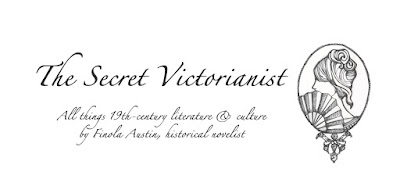Reading Rebecca Mead’s
part-memoir, part biography of Mary Anne Evans (1819-1880), better known by her
nom de plume George Eliot, was an
exercise in confronting the familiar.
Even on the surface there is much
in Mead’s life that resembles my own. We’re both British transplants, brought
up in small towns, but now living in Brooklyn. We both studied English at
Oxford. And we share a love for Eliot’s novel Middlemarch (1871-2), which Virginia Woolf called, famously, ‘one of the few English novels written
for grown-up people’.
My Life in Middlemarch weaves together
Eliot and Mead’s life stories with the latter’s reflections on the novel and
details of her journalistic research. This too was recognisable to me. As a
writer of historical fiction, I’ve also gone on pilgrimages to find traces of
history below the surface of modern English life. Mead’s emotions as she
traverses streets Eliot would have walked and takes tea in rooms she frequented
were relatable, tinged as her descriptions are with the complex feelings of the
emigrant for the land she’s left behind.
But the
familiarity I found most difficult to confront is the topic at the memoir’s
core. When we find a book we love it can be easy to feel that it is written for
us, and only us. We construct an imaginary conversation with its creator that
can overcome decades, oceans and even death. Mead’s reaction to Middlemarch, and the very publication of
her memoir, is a testament to the fact that our responses to great works of
literature are not unique.
 |
| Rebecca Mead (1966- ) |
This is
a fitting revelation for a book centred on Middlemarch,
a novel which also makes us face the truth that we are not special and that other lives as passionately lived as ours end
with graves that go ‘unvisited’.
I’d
recommend My Life in Middlemarch to
anyone who’s read and loved George Eliot, but also to those who’ve read her
books and wondered what they were missing and what others see to admire so
deeply. For those uninitiated into Middlemarch
it may be a more perplexing read, but who knows—sometimes a date with the
unknown is even more compelling than the familiar.
What
book would you like to see the Secret Victorianist read and review next? Let me
know—here, on Facebook, or by tweeting @SVictorianist.


No comments:
Post a Comment